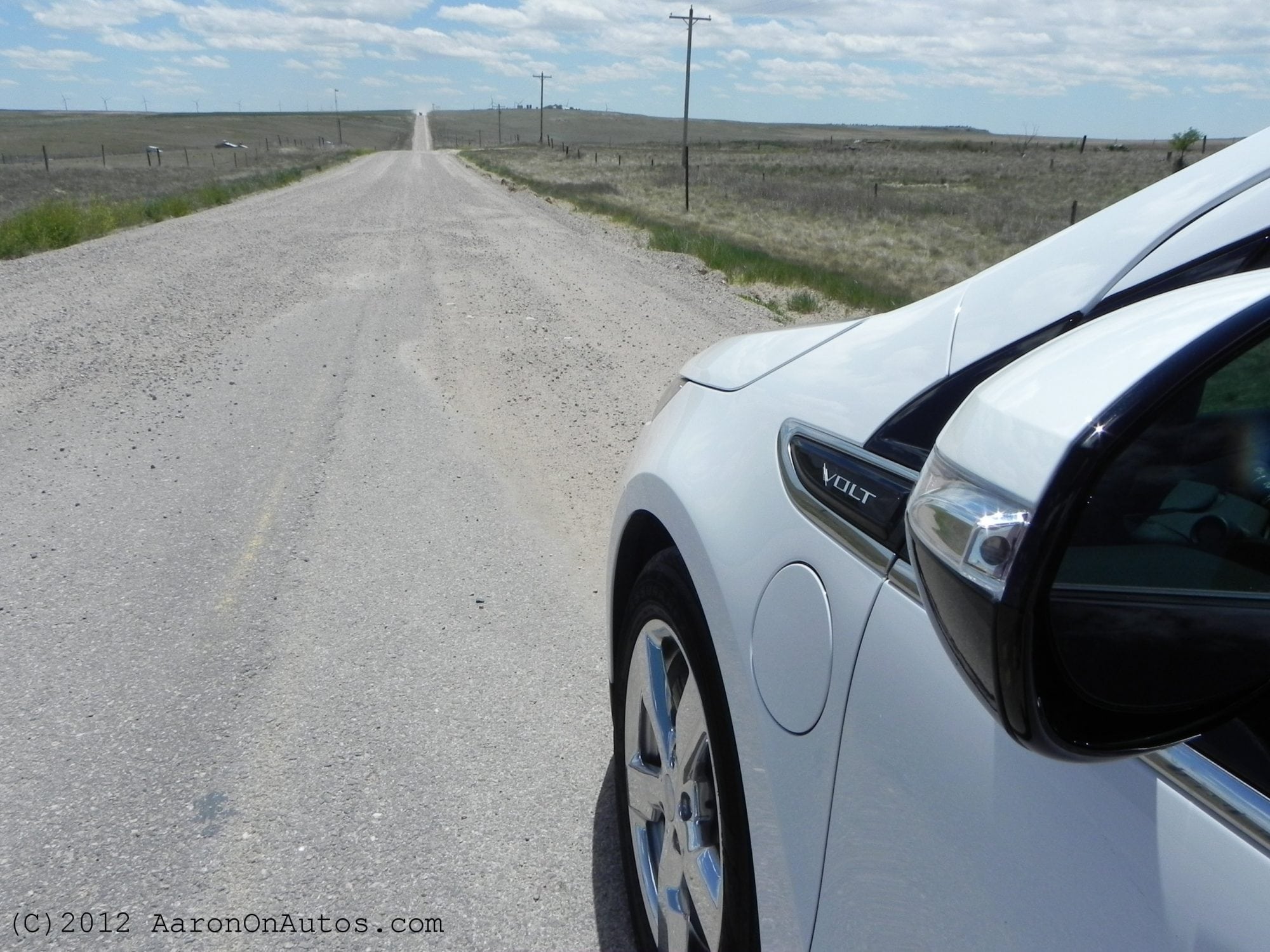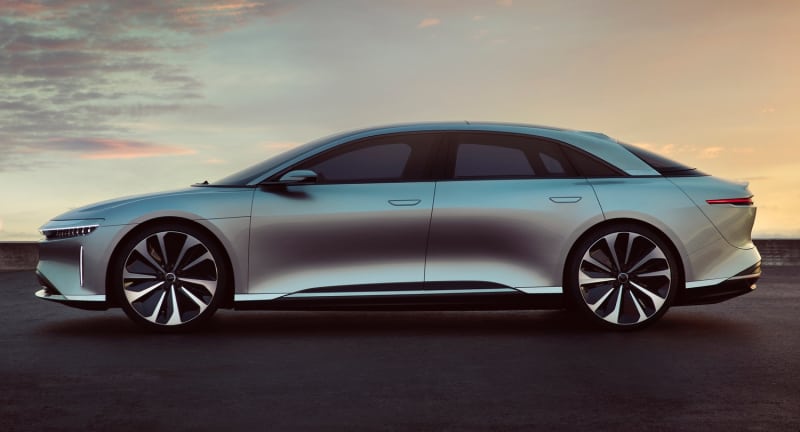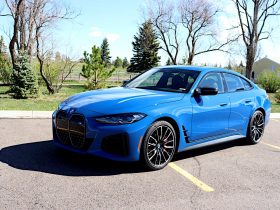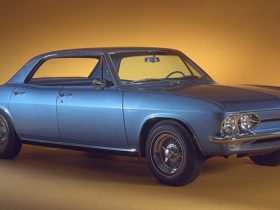A lot of nations around the world are supposedly committed to reducing the amount of CO2 (carbon dioxide) or “greenhouse gas” emissions. One of the biggest sources of such gases is the humble old motor car. In Europe, for example, the European Union has stated that they want to bring their CO2 emissions down to 80% of the levels detected in 1990, and the United States also has similar goals.
 Unfortunately, changes in the motor industry and government-mandated legislation aren’t happening as quickly as everyone would like for various reasons, and at this stage of the game it looks as though these various goals aren’t likely to be reached (yes, I know, I’m a cynical so-and-so).
Unfortunately, changes in the motor industry and government-mandated legislation aren’t happening as quickly as everyone would like for various reasons, and at this stage of the game it looks as though these various goals aren’t likely to be reached (yes, I know, I’m a cynical so-and-so).
One of the ways that governments across the globe hope to reduce greenhouse gas emissions is by giving motorists incentives to buy electric cars! In case you have been living under a rock for a few years, electric cars are basically vehicles that have no internal combustion engines that are powered by petrol or diesel.
Instead, an electric motor is fitted in the engine bay, connected to a series of batteries installed at various locations throughout the car. You might think that electric car technology is something very recent, but actually it’s been around for more than a hundred years! (See the CarNewsCafe video describing how EVs work.)
On first reflection, you might think that electric cars are the solution to our car pollution problems but actually it’s not as straightforward a solution as you might like to think. In fact, there are many reasons why purchasing an electric car this year is an extremely bad move on your part, and here’s why.
They are too expensive
For a start, electric cars cost way more than their petrol and diesel counterparts. Yes, they might not pump out any toxic emissions into the atmosphere, but as alternative engine technologies go, electric cars have got a long way to go before they will ever become popular and mainstream.
Most electric car manufacturers (in Europe) will lease the batteries to you rather than including it as part of the deal when you buy the car itself, and as you will probably know batteries don’t last forever so you will have to end up replacing them at some stage.
They don’t get you very far
Cars powered by petrol or diesel engines will normally give you a few hundred miles of range before you have to fill up your tank again. Electric cars, on the other hand, will only let you drive up to around 100 or so miles before needing a recharge.
Those seeking good mileage, but not wanting to be left stuck out in the middle of nowhere with no sign of a charging point in sight can instead buy more-affordable hybrid cars; these are basically vehicles with a petrol or diesel engine, but they also contain a small electric motor and fewer batteries than your average electric car.
Hybrid cars are great because they cost less to keep on the road if you spend a lot of your time driving around town only; click here for more information on hybrid vehicles such as the Range Rover Sport Hybrid!







